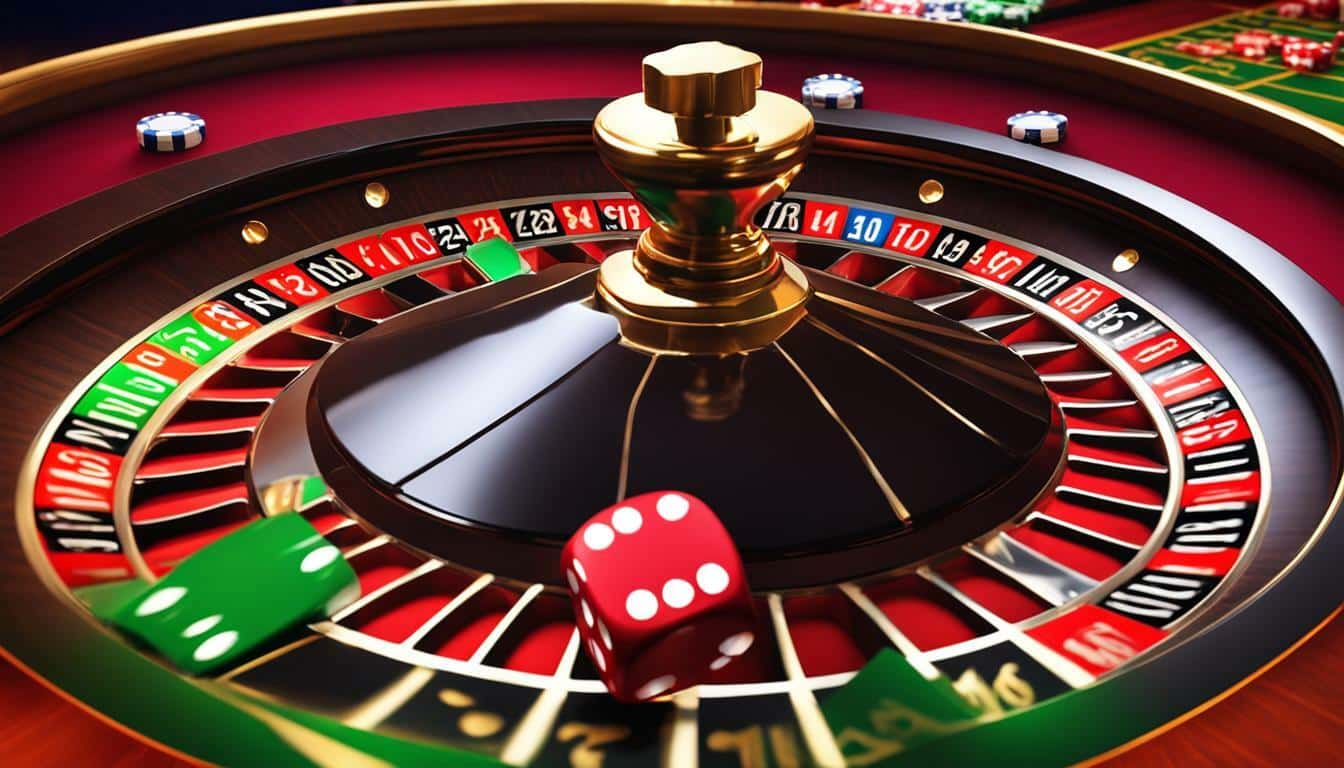
Casino games have captivated enthusiasts for centuries, pulling them into a universe of excitement, fortune, and wealth. From the flashing lights of slot machines to the tactical nature of card tables, these activities offer a special blend of fun and hazard. Ga179 However, beneath the surface of this glitz and finesse lies a intricate relationship of mathematics that determines every conclusion and choice made within the casino.
Comprehending this relationship between gaming activities and math merely boosts the player’s journey but also can help gamblers make informed selections. Whether you are a recreational gambler or a passionate enthusiast, recognizing the numerical strategies at play can provide important insights into probability, ratios, and approaches, ultimately shaping how one approaches these games of luck.
Mathematical Likelihood in Betting
In the realm of gambling games, statistical probability plays a crucial role in determining outcomes and guiding gambler choices. Every game has a unique set of regulations and a specific probability model that influences its dynamics. For example, in games like roulette, players must comprehend the odds of choosing a specific number or color. The likelihood of certain events happening can be computed, and this understanding can significantly affect wagering strategies.
Gambers also need to be informed of the casino advantage, which is the statistical advantage that gambling establishments hold over gamblers in the long term. This advantage differs across different games. In blackjack, expert players can use tactics to reduce the house advantage to as little as one percent, while in activities like slot machines, the house advantage can be substantially larger. Understanding the casino advantage allows players to make educated choices about which activities to play and the amount to bet.
Additionally, probability is crucial in the concept of danger versus reward in betting. Each wager carries a certain danger level, and gamblers must assess the possible return against that danger. Activities like the poker game require gamblers to not only assess the odds of their personal showing winning but also to evaluate the likelihoods of their rivals’ showings. By applying statistical principles to their strategy, players can enhance their odds of winning and participate more effectively in the exciting realm of casino games.
Anticipated Worth in Gambling Games
When talking about gambling activities, one of the fundamental concepts rooted in mathematics is the expected value. This statistical metric assists gamblers understand the potential results of their bets over a period. In simple terms, expected value (EV) determines the mean amount a player can anticipate to gain or lose per wager if they were to play the game repeatedly. Each game has its own EV, influenced by the probabilities and the house edge, which signifies the benefit that the casino holds.
For instance, think of a activity like roulette. The anticipated worth can be calculated based on the particular wager placed. If a player bets on a single number, the return is 35 to 1, but the actual chances of success that wager are 1 in 37 (in European the roulette game). This leads in a negative expected worth, indicating that, on the whole, players will lose money over time when playing this kind of bet. Understanding this idea allows players to make better educated decisions about which games and wagers may be less advantageous.
Furthermore, the investigation of expected worth can lead to better money management. Players who understand the mathematics behind their activities are often able to set realistic goals. By recognizing their potential losses and gains, they can adjust their gambling strategies appropriately, which may improve their overall gambling experience. As a result, expected worth serves as a crucial resource for both beginner and experienced gamblers to navigate the often volatile nature of gambling games.
Approaches and Probabilities: The Math Behind Success
In gaming establishments, understanding the chances is essential for players seeking to boost their chances of winning. Each activity has its own unique set of probabilities that determine successful outcomes, and these statistics are often presented in the game’s rules or payout schedules. For example, in activities like 21, participants can improve their odds through strategies such as counting cards, which depends on mathematical principles to gain an advantage over the establishment. By acquainting themselves with the odds, participants can make more knowledgeable decisions on when to place bets and when to quit.
Moreover, the idea of expected outcome plays a critical part in gaming tactics. Expected value determines the typical outcome of a wager over time, allowing gamblers to evaluate whether a particular stake is valuable taking. For example, fruit machines have a specific return percentage, which can show the typical profit a player can expect on their stakes. By opting for games with higher expected values, gamblers can lessen the house edge, enhancing their possible rewards in the over time.
Lastly, successful participants often utilize a mix of chance and math strategy to improve their gaming experience. While chance can’t be controlled, managing a betting strategy based on calculative ideas can lead to more positive results. By utilizing techniques such as money management and game selection, participants can apply math to handle the volatile nature of gaming, making the most of their investments and investments at the casino.
